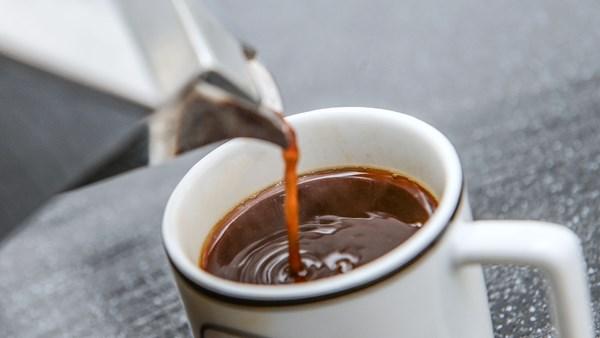Since 1991, espresso has been saddled with the name, "potentially causes tumor." As of June 15, espresso got a physician's approval.
The International Agency for Research on Cancer – or IARC – is the WHO organization that assesses prove and logical research on growth. In 1991 the organization arranged espresso as a classification 2B cancer-causing agent, which, as a result, named it as "conceivably causing growth" in the human bladder.
A quarter century later, another IARC gathering of logical specialists met to evaluate the collection of distributed logical writing on whether espresso can cause malignancy. This working gathering, including 23 specialists drawn from around the globe, and seven onlookers, met May 24-31, 2016 to assess the cancer-causing impacts of "espresso, mate, and exceptionally hot refreshments."

This time, in light of the accessible logical writing, the master gather chose that the heaviness of proof bolstered a minimizing in the arrangement. As of June 15, 2016, espresso is currently considered in Group 3, or "not classifiable as to its cancer-causing nature to people." For espresso sweethearts, this is consoling news.
How does IARC assess in the case of something causes disease?
IARC has a cancer-causing grouping framework going from 1 (cancer-causing) to 4 (most likely not cancer-causing). Specialists assess a few sorts of confirmation, incorporating investigations of growth in people, investigations of malignancy in creatures, wellsprings of introduction and components (what is thought about how the substance can cause tumor).
A few substances that IARC has named Group 1 (cancer-causing) are not awfully amazing. The rundown incorporates, for instance, arsenic, formaldehyde, diesel motor fumes and tobacco. Espresso Coffee Makers are quite popular among many coffee enthusiasts who long for a great cup of coffee at home.
However, when a substance gets a Group 2 arrangement, the waters turn into somewhat murkier. Both 2A and 2B orders regularly mean there is constrained proof of cancer-causing nature in people. In any case, the characterization knocks up from Group 2B (perhaps causes disease) to Group 2A (likely causes malignancy) when there is adequate proof of cancer-causing nature in creatures.
For this reexamination, IARC specialists approached more than 1,000 investigations, and the blend of confirmation did not signify "conceivably causing tumor." In its report, the 2016 IARC Working Group expressed that the past relationship between drinking espresso and bladder malignancy could have been because of insufficient control for tobacco smoking in the past examinations.
Since a worldwide group of specialists has diminished our worries about espresso drinking and tumor, would we say we are free?

